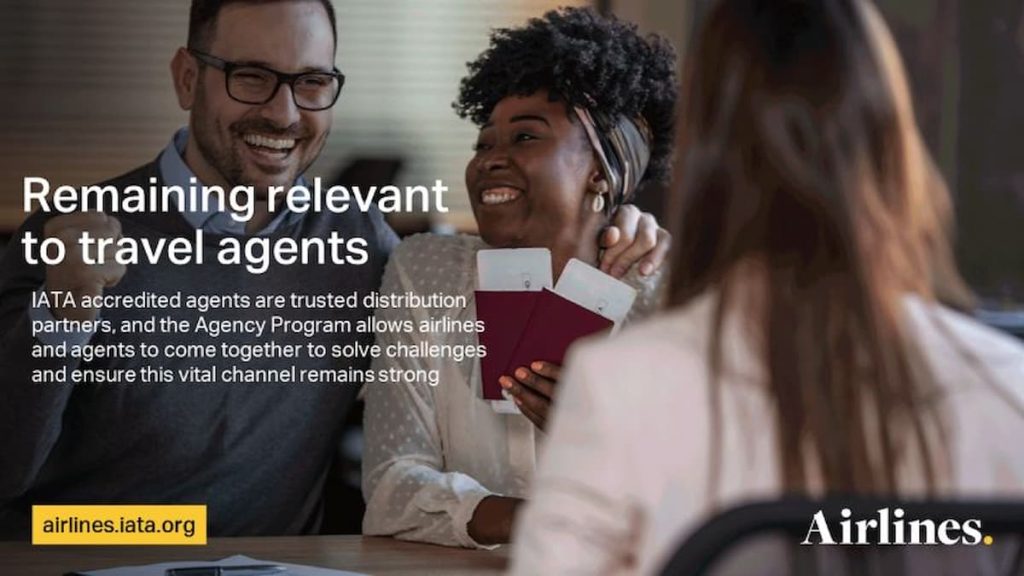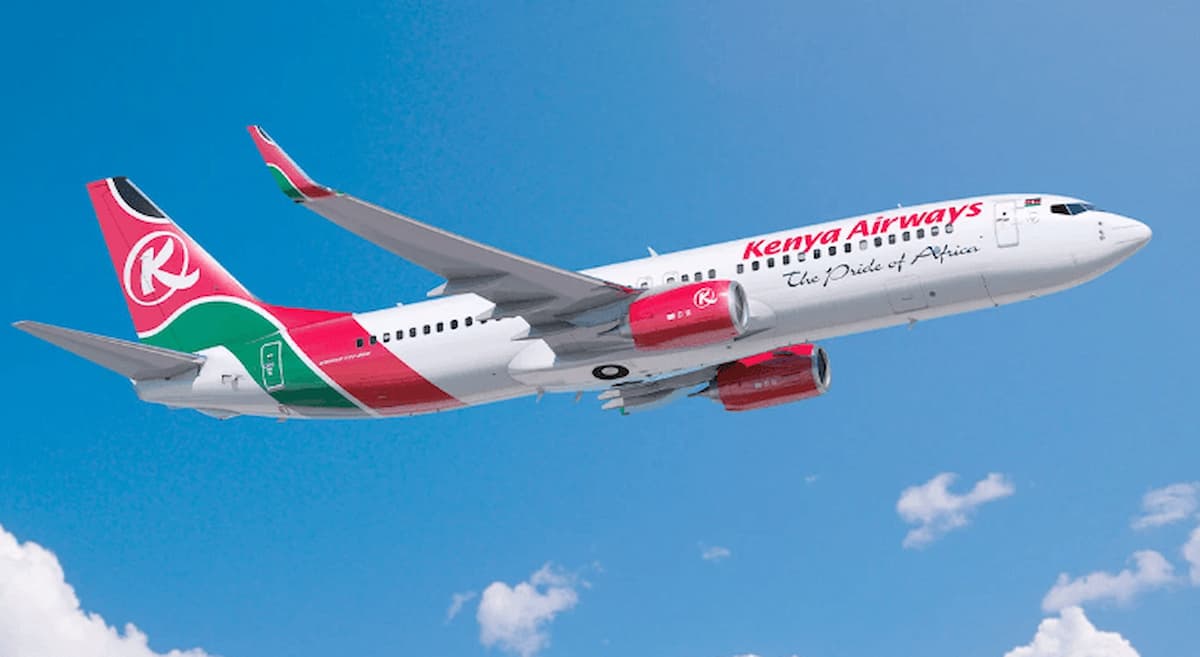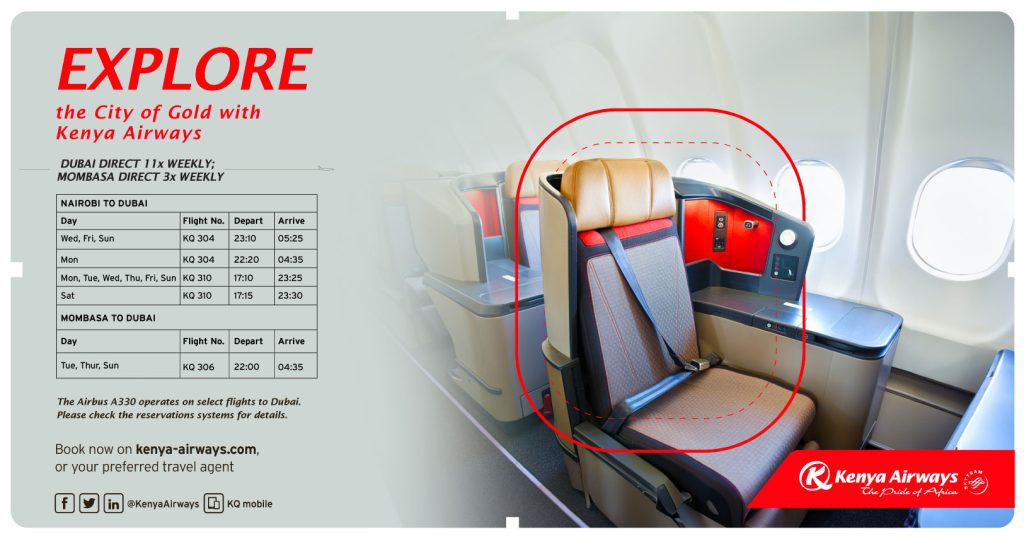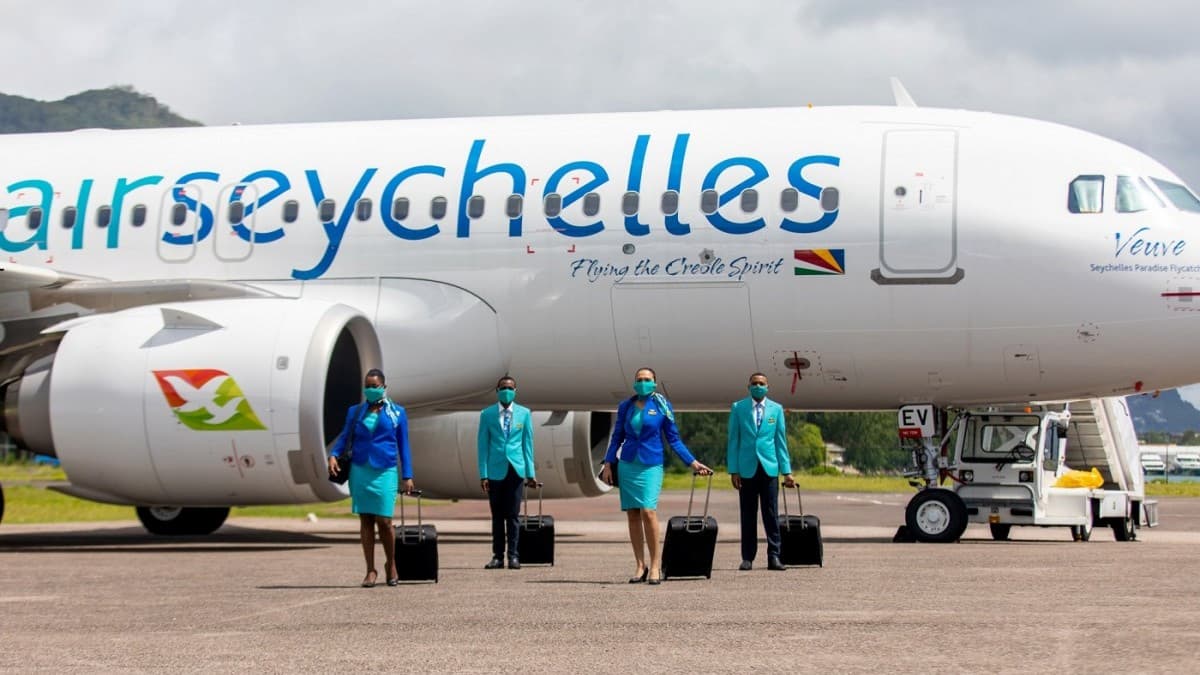
Modern Airline Retailing is an active and important initiative for airlines around the world. But though control of the Offer and Order environment is an essential component in a fiercely competitive industry, IATA is aware that not all airlines have the same set of requirements and distribution strategies.
“This is why the Agency Program is still so important,” says Muhammad Albakri, IATA’s SVP for Financial Settlement and Distribution Services. “IATA accredited agents are trusted distribution partners, and our Agency Program allows airlines and agents to come together to solve challenges and ensure this vital channel remains strong.”
Moreover, the Agency Program fits perfectly with the overall objective of giving customers greater choice. The travel agent is still a vital part of the offer to the customer and has become a hub for consolidating the travel experience. Travel agents are also playing an important role in Modern Airline Retailing as IATA continues to see an increase in NDC transactions in the BSP.
“Really, they are travel consultancies now,” says Albakri. “They provide an end-to-end service and are now much more than ticket providers.”
In 2023, the travel and tourism sector contributed 9.1% to global GDP and created 27 million new jobs, according to the World Travel and Tourism Council. Airlines are critical to making that happen. And so are travel agents.
In fact, travel agents are still the industry’s strongest distribution channel. The aim, therefore, is to ensure these agents are robust, reliable partners and the process of engagement—whether it is payment or fulfilling passenger requests—is as seamless and cost-effective as possible.
Keeping the program relevant
The most important step was the development of New Generation IATA Settlement Systems (NewGen ISS) approximately five years ago. This introduced different levels of accreditation:
- Go Global is for large multinational agents and simplifies BSP participation by having a single agreement and a consolidated financial security and Remittance Holding Capacity.
- Go Standard agents are allowed to sell in cash and other forms of payment.
- Go Lite agents benefit from not having to furnish financial securities to participate in BSP and are allowed to sell with IATA EasyPay and Credit Cards.
Airlines in turn gained from enhanced risk management and other tools that made the distribution of tickets through travel agents even safer.
“It is not one-size-fits-all anymore,” says Albakri. “Agents can join at an appropriate level of accreditation for their business but still gain from the trust and reach that being accredited brings.”
Supporting the recovery of the industry
After COVID, IATA focused on revamping the accreditation process and streamlining the requirements. The Go Standard agents do not have to go through a financial assessment for the first two years of operation, for example. All told, the changes have resulted in a 50% reduction in accreditation times and a customer satisfaction of 90%.
“We did all this without compromising the risk management criteria,” says Albakri. “In fact, we have enhanced it by adding different compliance reviews, such as PCI DSS (Payment Card Industry Data Security Standard), as a requirement for agencies selling in credit cards, and more robust real-time monitoring of agency sales. But we can improve further both on continuing to strengthen the risk environment and on improving IATA’s service to travel agents by reducing our processing times.”
The improvements in the accreditation process together with the resilience shown by the Agency Program during the pandemic has led to strong demand and growth in accreditation numbers.
“We have also been more present in events and different meetings where travel agents approached us to know more about the benefits of the program and the requirements to become IATA accredited,” says Albakri. “In addition, IATA has historically entered into promotional agreements with different parties to increase the number of Participants and we are fully committed to continuing with this best practice.”
As a result, the number of travel agent codes in the BSP has increased from 54,341 in 2022 to 58,923 codes in April 2024.
For Albakri, this proves that as long as there continues to be a commercial relationship between airlines and travel agents, the program will continue to be extremely valuable.
“Agents will be even more relevant in the future than they were in the past,” he believes. “The Agency program is at the heart of industry resilience because it is a strong, trusted system for distributing and selling tickets and collecting monies. There is also a very low cost of transaction and IATA will continue to improve the service we provide.”











